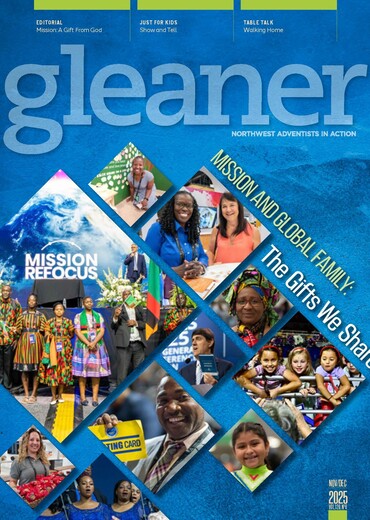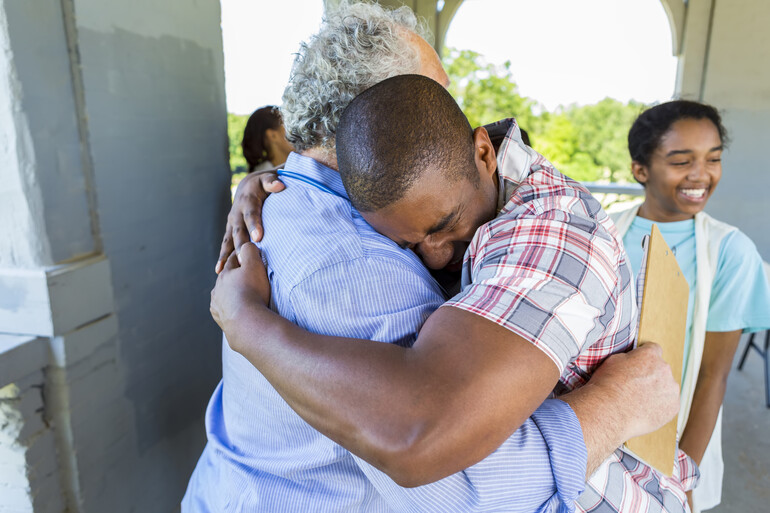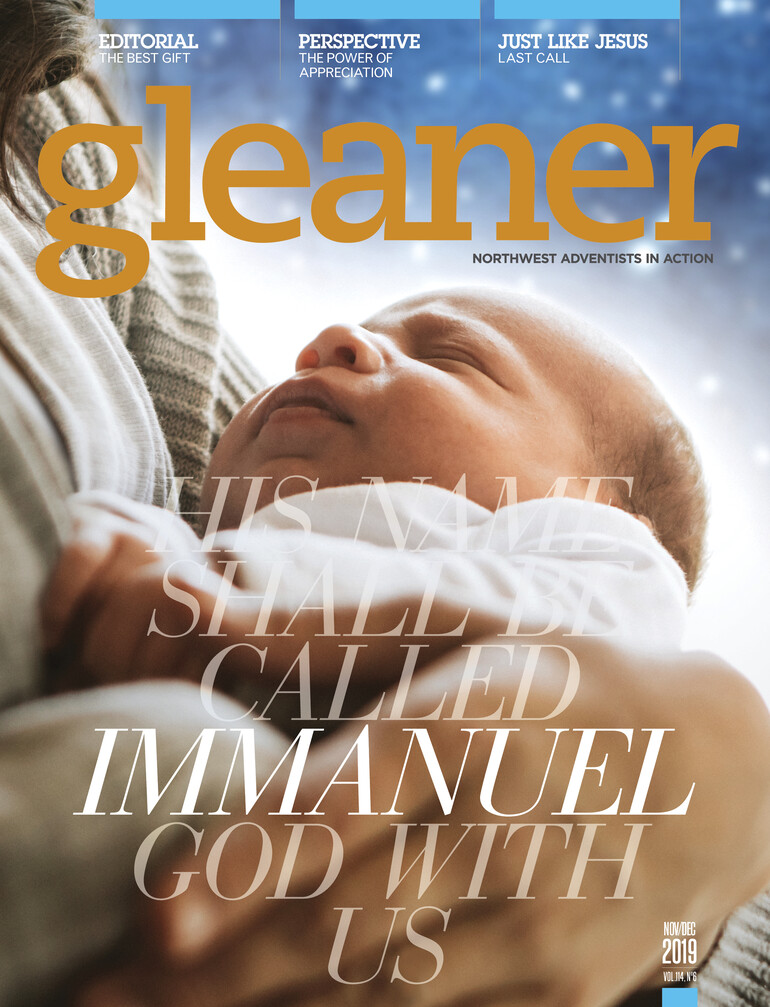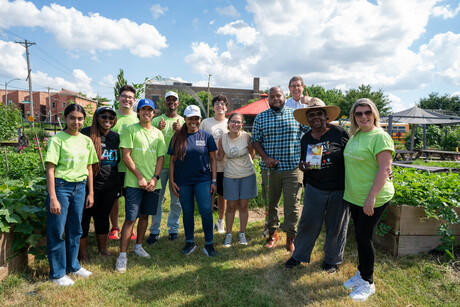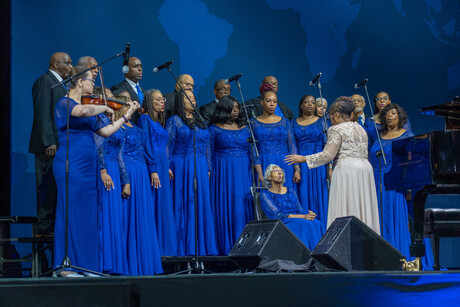I have a new respect for teachers. Of course, I respected them before accepting my new role as a faculty member at Union College, but now I really respect them. While having summers off and weekends free is a new (and welcome) experience, first-year lesson planning is rather … intense. Even though I have a reduced teaching load for this year of initiation, all my free time is spent lesson planning. Every entertaining video I see, every funny meme, each interesting article is immediately assessed for its potential use in a classroom. It’s ironic that I tell my students not to cram for class, but that’s exactly what all first-year teachers do, at least in my experience so far.
While things are moving much faster now, the first week of first-year “professoring” seemed to stretch on forever, with so many new rhythms, new faces and new challenges. However, when I got to the end of the week, there was a little present in my office. It was a little goodie bag with some treats and an encouraging note from our office manager, Elena. Each of the professors received one of these gifts congratulating us on making it through week one. It meant a lot and provided a much-needed shot of encouragement to press on.
In the book How Full is Your Bucket? researchers at Gallup discuss the power of appreciation. They open their comments with a moving story about how negativity affected POWs in the Korean War. The North Koreans’ approach was to “deny men the emotional support that comes from interpersonal relationship.” The result was men would die of “give up-itis” or “mirasmus.” The researchers indicate the death rate in those camps was increased by 38% due to these intentional efforts to discourage the captive soldiers. One prisoner simply retreated to a corner, covered up with a blanket and died two days later.
The question then becomes, if negative emotion can do so much damage, what can positive emotion do? How can we appreciate each other consistently enough that we have the strength to continue to thrive? This issue has vast possibilities for applications, but I am drawn to the challenge we have in churches.
A frequent stalemate I found in ministry is people’s reluctance to appreciate someone because it would allegedly infuse them with spiritual pride or force us to thank everybody. Neither of these reasons are valid, not only because common sense backed up by research says so, but because Scripture speaks frequently of encouraging one another.
Paul often practiced the ministry of encouragement and being thankful for God’s people. Acts 20:1–3 says, “Paul sent for the disciples, and after encouraging them, he said farewell and departed for Macedonia.” This was an intentional act to sow positive seeds in the mission field. In the opening words of Romans, Paul writes, “First, I thank my God through Jesus Christ for all of you, because your faith is proclaimed in all the world” (Rom. 1:8). While Paul gives God glory, he does so in light of the blessing that God’s people are to Him — and He lets them know the contents of his personal prayer appreciating them. In another passage, when Paul contrasts the spiritual gifts of tongues and prophecy he describes prophecy as significant for the church body because, “the one who prophesies speaks to people for their upbuilding and encouragement and consolation” (1 Cor. 14:3).
Jesus also found ways to express encouragement and appreciation. When a Roman soldier demonstrated more faith than the those inside the Jewish religious community the Bible records, “When Jesus heard this, he marveled and said to those who followed him, ‘Truly, I tell you, with no one in Israel have I found such faith’” (Matt. 8:10–11). Notice Jesus didn’t feel compelled to thank everyone, but had no trouble singling out someone deserving of special recognition. Toward the end of His earthly ministry Jesus tells His disciples, “I have earnestly desired to eat this Passover with you before I suffer” (Luke 22:15). Jesus didn’t make this expression because he had another sermon to give and He wanted the disciples to know how much He liked preaching. It was the last moments He would be able to spend with His closest friends, and He wanted them to know He cared for them.
The real danger is that, by refusing to appreciate and encourage people, we create a culture of entitlement in which we expect everyone just to give us what we need (which is also a form of pride). This month take time to speak or write an expression of thanks or appreciation to friends, family, clergy or anyone else who may need some positive feelings sent their way. Who knows? Maybe if we spent more time filling each other’s “buckets” we might fill more seats at churches and schools.
And, oh, by the way, thank you, Elena, for your gift of encouragement.


